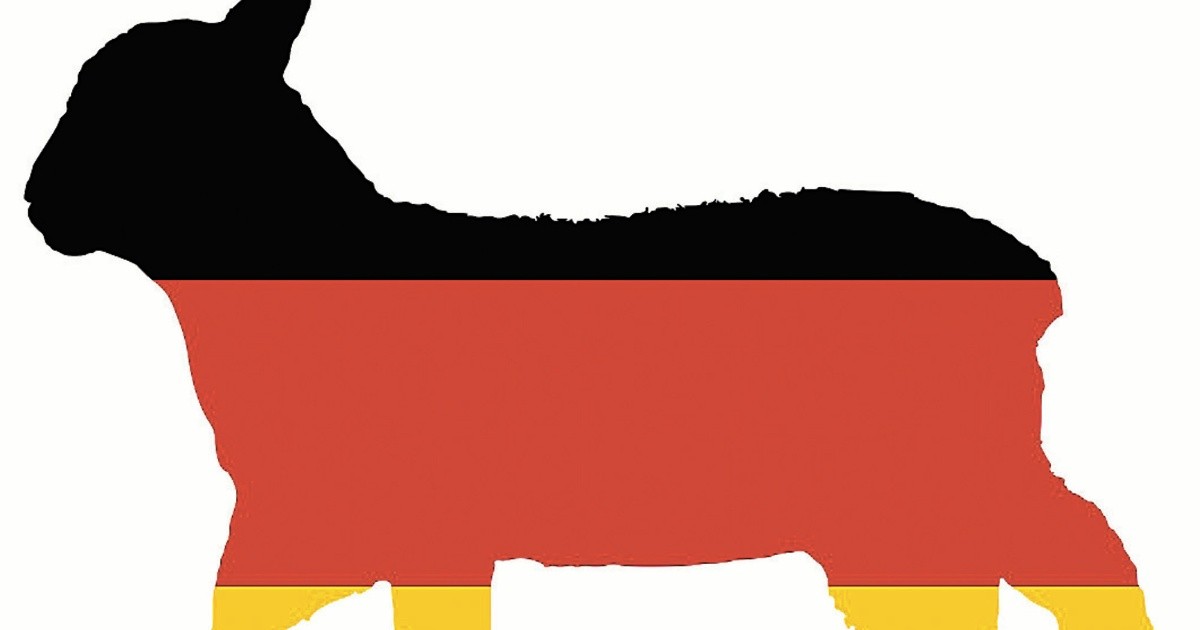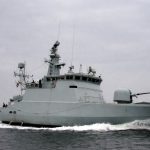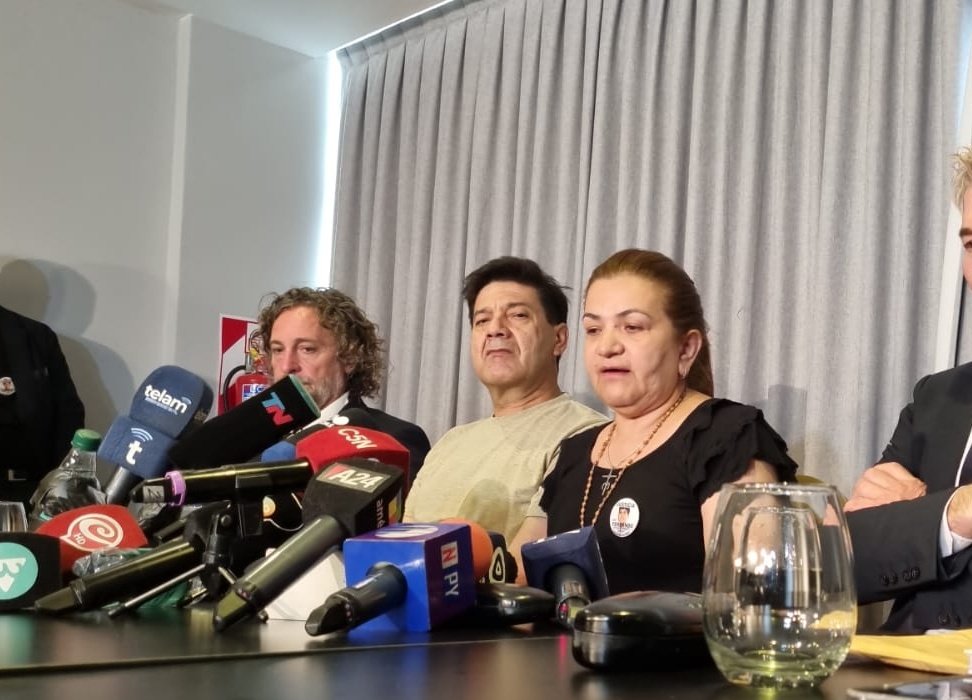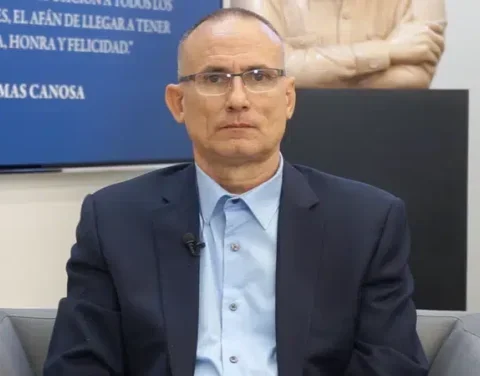The nation that arrived at Moscow’s gates in World War II has grown as aggressive as a stuffed cat. But with its decision to send Leopard2 main battle tanks to Ukraine, Germany’s “reluctance culture”, particularly with regard to Russia, may soon be a thing of the past.
HAMBURG – “Tankeschön,” reads a pun-filled meme circulating online these days. He shows a German panzer with a Ukrainian flag. Almost a year into the war, Germany is suddenly preparing to deliver 14 Leopard 2 tanks. The decision marks a startling reversal of a long-standing and obsessively defended German foreign policy principle: no offensive hardware for Ukraine; We Germans cannot afford to irritate the Russians.
Initially, Germany sent only helmets and bulletproof vests to the Ukrainians fighting the Russian invaders. As the pressure from Germany’s allies and the Ukrainians increased, more serious things slowly leaked out: artillery, shoulder-fired anti-tank missiles, armored personnel carriers, armored anti-aircraft and short-range rockets. But tanks were strictly prohibited. Considered offensive weapons, these would supposedly expose Germany to the wrath of Russian President Vladimir Putin. So, it was “nein” for a whole year. Now, German-made tanks will come to Ukraine.
What’s behind this impressive facelift? Has the government of Chancellor Olaf Scholz finally understood that there is more at stake than moral obligation to the victims of Russia’s genocidal war?
Halting and reversing Russia’s westward advance is a core strategic interest. If Vladimir Putin’s government wins this war, it will upend a 77-year-old European order based on restraint, deterrence and a series of peaceful treaties. It will be encouraged to go for more and intimidate the rest of Europe. That’s what the imperial powers do when they call for aggrandizement.
That compelling logic, unfortunately, does not solve the puzzle of Germany’s new resolve. Nor is the country assuming its responsibility as the richest and most populous country in Europe. Transatlantic haggling and “follow the true leader”, the United States, is a better explanation.
For months, Scholz had taken refuge behind US President Joe Biden’s refusal to provide Ukraine with the M1A1 Abrams tank. The chancellor’s mantra was “kein Alleingang”: don’t go it alone. So, behind the scenes, the dispute unfolded. If Mr. Big were not, Germany would not provoke today’s Russian czar.
In the end, Biden relented, although the Abrams tank may not be ideal for combat in Eastern Europe. It is said to be too heavy for Ukraine’s soft terrain and requires complex refueling (for example, it runs on jet fuel, not diesel) and highly trained maintenance personnel.
But these are convenient technicalities beloved by critics of the deal. What really counted was the symbolism. The US commitment reassures Germany, which, since then-Foreign Minister Willy Brandt’s launch of Ostpolitik in the 1970s, had tried to position itself on the Kremlin’s good side. That is why German governments continued to cling to Nord Stream 2, the pipeline that would take Russian gas directly to Germany, bypassing the Ukraine and Poland. (Until the war, Russia accounted for 55% of Germany’s gas imports.)
With the arrival of US tanks, Germany may extend the risk of Russian retaliation. But the angst over that risk should not be overstated. Kremlin spokesman Dmitry Peskov dismissed the US decision. The American and German tanks were “clearly overrated” and “would burn like everyone else.”
So, Chancellor Olaf Scholz’s tactic worked: you do it for me, and I’ll do it for kyiv. He loves to quote the famous 1945 musical Carousel: “You’ll never walk alone.” This is the real point of Germany’s not-so-great strategy. Surrounded by others, especially mighty America, lambs need not fear wolves. There is safety in numbers. You should never graze alone.
Those who think that Germany will finally overcome its herd instincts will have to wait. The nation that arrived at Moscow’s gates in World War II has grown as aggressive as a stuffed dog. Her postwar makeover allowed for peace and prosperity for her and the rest of Europe, which no longer had to fear Teutonic imperialism. Why get rid of Germany’s much-invoked “culture of reluctance” now?
The answer is simple: reality was brutally changed when Putin tried to seize kyiv last February, and he is currently preparing massive reinforcements for a spring offensive. Russia’s aggression has also changed German public opinion. The majority is in favor of arms transfers to Ukraine. Also the Greens, Scholz’s coalition partners. The inveterate pacifists of yesterday have practically become a war party. Paraphrasing Samuel Johnson: Nothing concentrates the mind better than an existential threat.
So, give credit where credit is due. Germany has abandoned Nord Stream 2. It has joined increasingly tough sanctions against Russia. It is far ahead of France in the list of countries supplying Ukraine with cash and weapons. He has promised an additional 100 billion euros ($109 billion) for the Bundeswehr, an army that for three decades has excelled in reducing manpower and equipment. Since the last Russian soldier left Eastern Europe in 1994, Germany’s tank force has dwindled from 3,000 to just over 300.
Even so, Germany’s blissful experience as a “peace power” (Friedensmacht) will discourage the country from abandoning its traditional strategy. It was too comfortable running with a herd led and protected by the United States. In the tank drama, the United States had to move first so that Germany could follow. Clausewitz, who preached the fusion of diplomacy and force, no longer lives here.
It matters little that the European Union and the United Kingdom together have the second largest economy in the world and have a population three times that of Russia. The role of the US remains as decisive as ever. When President Barack Obama badmouthed Europe’s “free riders” and Donald Trump called NATO “obsolete,” Putin must have taken notes, and then miscalculated. Under Biden, the American sheriff is back in town at the helm of a sprawling Western gang. Even Finland and Sweden, perennially neutral, are pushing towards NATO.
How long this allied unit will last if the war remains undecided is another story. We only know how wars start, not how they end, until they do. For now, let’s take our hats off to Biden and Scholz. Both were reluctant to send tanks, but they got the deal right. May the new armor arrive in time, before Putin unleashes his spring offensive.
The author
A member of the editorial board of Die Zeit, he is a Fellow of the Hoover Institution and teaches international politics at the Johns Hopkins School of Advanced International Studies.
Copyright: Project Syndicate, 1995 – 2022

















